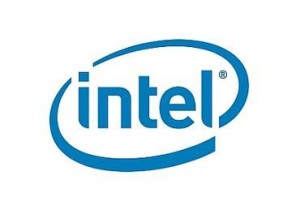The offering, which includes Intel Manager for Apache Hadoop software, provides complete encryption with support of Intel AES New Instructions (Intel AES-NI) in the Intel Xeon processor
BANGALORE, INDIA: Intel Corporation announced the availability of Intel Distribution for Apache Hadoop software (Intel Distribution).
The offering, which includes Intel Manager for Apache Hadoop software, provides complete encryption with support of Intel AES New Instructions (Intel AES-NI) in the Intel Xeon processor and also provides silicon-based encryption support of the Hadoop Distributed File System.
Hadoop is an open source framework for storing and processing large volumes of diverse data on a scalable cluster of servers that has emerged as the preferred platform for managing big data.
“People and machines are producing valuable information that could enrich our lives in so many ways, from pinpoint accuracy in predicting severe weather to developing customized treatments for terminal diseases,” said Boyd Davis, vice president and general manager, Intel’s Datacenter Software Division. “Intel estimates that the world generates 1 petabyte (1,000 terabytes) of data every 11 seconds or the equivalent of 13 years of HD video.”
The optimizations made for the networking and IO technologies in the Intel Xeon processor platform also enable new levels of analytic performance. Analyzing one terabyte of data, which would previously take more than 4 hours to fully process, can now be done in 7 minutes with data-crunching combination of Intel’s hardware and Intel Distribution, says a release.
The addition of the Intel Manager for Apache Hadoop software also simplifies the deployment, configuration and monitoring of the cluster for system administrators as they look to deploy new applications. Using the Intel Active Tuner for Apache Hadoop software optimal performance is automatically configured to take the guesswork out of performance tuning, adds the release.
Intel is working with strategic partners to integrate this software into a number of next-generation platforms and solutions, and to enable deployment in public and private cloud environments.








